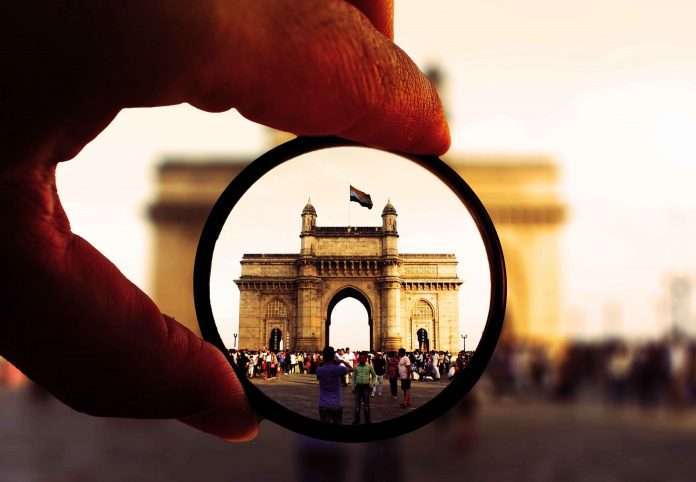India has achieved its financial inclusion target 41 years ahead of its original projection, reaching an 80% inclusion rate in just six years.
This significant milestone was revealed in a report by the G20 Global Partnership for Financial Inclusion (GPFI) released before the forthcoming G20 summit in New Delhi. The study, dubbed ‘G20 Policy Recommendations for Advancing Financial Inclusion and Productivity Gains through Digital Public Infrastructure,’ was prepared under the guidance of the G20 India Presidency, Ministry of Finance (MoF) of the Government of India, and the Reserve Bank of India (RBI).
Digital payments were highlighted as the primary driver of this accelerated progress. The report specifically mentioned the “JAM trinity,” a combination of Jan Dhan Bank accounts, Aadhaar identity system, and mobile phones as pivotal in fast-tracking India’s financial inclusion journey.
Not just confined to India, the report lauded advancements in Brazil’s Pix payment system. Around 50m individuals utilised Pix for money transfers, even though they had not made any account-to-account transfers in the year preceding Pix’s launch.
Furthermore, the report shed light on other countries that are making headway in improving financial inclusion through digital payments, digital IDs, and data exchange infrastructures. These include nations with previously low levels of financial inclusion like Argentina, Bangladesh, and Colombia.
Queen Máxima of the Netherlands, the United Nations Secretary-General’s Special Advocate for Inclusive Finance for Development (UNSGSA) and Honorary Patron of the G20 GPFI, said in the foreword of the report, “Uniting the public and private sectors through truly inclusive DPI can drive progress toward the UN Sustainable Development Goals and bolster resilience for people and businesses. I anticipate the GPFI’s ongoing dedication to this topic and look forward to celebrating our achievements in the coming years.”
Keep up with all the latest FinTech news here.
Copyright © 2023 FinTech Global











